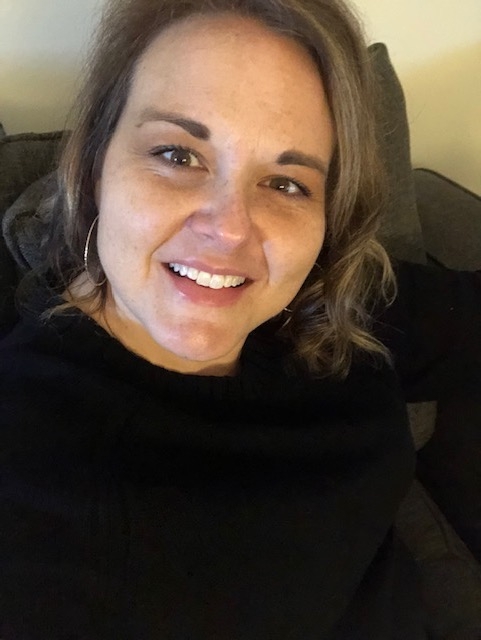My cultural confession: we are not all the same and it’s a good thing.
February 9, 2021

By Jodi Greenlee
I used to think that I was culturally compelling. That I was empathetic and adaptable to other cultures. And while that may be true, it doesn’t necessarily translate to mean that I am a global citizen. How do I know that? Well, there are scientifically rigorous ways to measure people’s intercultural competence. The results can be surprising.
Toward the end of my graduate studies in the Executive Master of Natural Resources (XMNR) program at Virginia Tech, I participated in the Intercultural Development Inventory test. My scores did not show what I thought they would. And, even worse, my post-test scores were similar to my pre-test scores. I had to grieve my place in the global world, especially the place that I thought I had secured—one of acceptance and love for differences.
Curiosity is only the beginning
To date, I have lived in thirteen different countries and visited seven more. I spent three years overseas, two of those years fully immersed in a culture different from my own. I began to understand first-hand the difficulties of learning a second language and learning new cultural values; where to shop for food and how to use the bathroom. This isn’t as easy as one might think: I’ll never forget a moment in the Philippines where the toilet paper I had to obtain Navy Seal-style fell from my hands and rolled out of a moving motorella and littered the streets like a parade.
I have spent over five years teaching youth and adult English Speakers of Other Languages. I have done it in both informal and formal education settings. I quickly realized that the formal education setting, the American education system, wasn’t set up for that demographic to succeed. It was infuriating to me that others couldn’t see that the system into which we pushed these students, mostly from some war-torn country, was failing them. Conversations with principals and superintendents fell on deaf ears. It bothered me so much, I left when the school year was finished.
Embracing differences is key
The Hofstede Insights Cultural Compass, a different cultural diagnostic tool we used in the XMNR, shed some light on why my frustration was so high. Maybe there wasn’t anything that needed to be done after all. One of the dimensions measured in the profile is Power Distance, the extent to which the less powerful members of institutions and organizations within a country expect and accept that power is distributed unequally. My score is different from most countries. Most countries accept inequity and work through it. What if by wanting to remove that, I was the one at fault? What if I was the one trying to remove pressure that other cultures were used to, and possibly made them excel or, at minimum, feel a bit normalized?
I don’t have answers to these questions, but what I do know is this: We can do a better job of recognizing the humanity in each person. We can be full of grace and love and, dare I say, engaged in traditions and customs of people who are different from us.
While the pandemic has shifted what immigration and travel are like, and will continue to be like in the foreseeable future, it hasn’t changed the need to grow and the need to engage in others’ pain, joys, sorrows, and triumphs. I don’t know that this makes me a global citizen, but I don’t think I need a fancy title to love my neighbor. None of us do! And I think it is even more important now, to bridge diverse communities and find commonalities. As a global society, we are in some hard times. What if it is the cultural differences that hold the key to new ideas and creative approaches to moving forward in a post-COVID world?

XMNR alumna Jodi Greenlee loves the environment and people. She is passionate about engaging others in community and environmental awareness. She believes sustainability starts within. She lives in Georgia with her dog, Toby, who loves a good adventure as much as she does. Visit her personal blog for more rellections.


